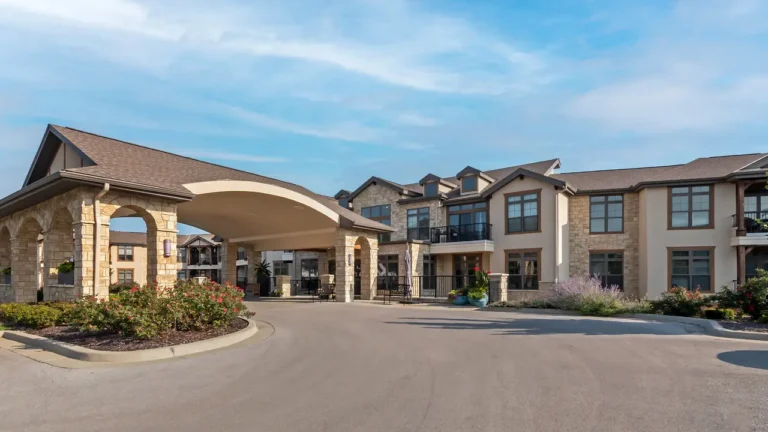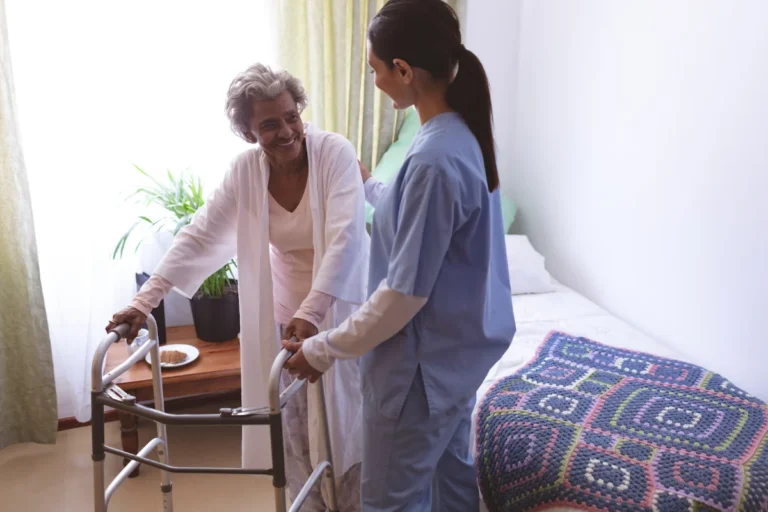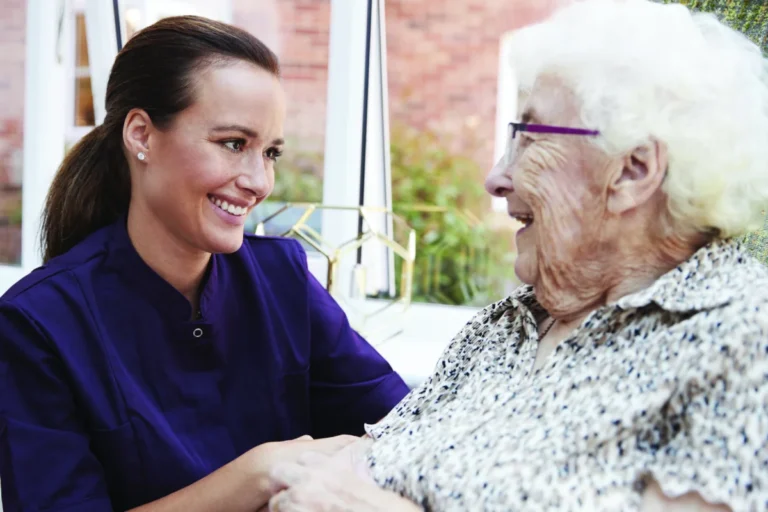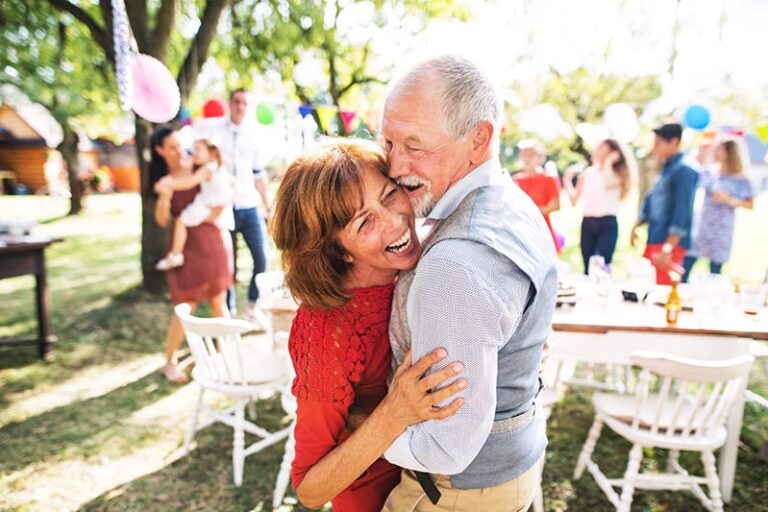For many older adults, it can be difficult to tell when a problem is surfacing and when they are experiencing normal challenges associated with aging. From concerns about memory issues to problems with mobility, seniors can have a long list of questions about what to expect on their journey through their golden years.
Many of the changes that cause concern are the ones that negatively impact a senior’s independence. Especially in situations following a long illness, a surgery or an injury, seniors may have lost some of their ability to meet their own daily needs. In these cases, a short-term rehabilitation community may be the answer. And, to identify what needs are present and what care is needed, the rehab community will conduct an assessment that includes an evaluation of the activities of daily living, also known as ADLs.
Activities of Daily Living
So, what are activities of daily living (ADLs)? And how do they impact care for seniors? One way to look at ADLs is to think of them as the basic activities a person does when getting up in the morning and preparing for the day. As a person ages, activities of daily living may become more difficult to handle on their own or may take more time to complete. Health issues, such as falls, strokes or accidents, may also affect a person’s ability to complete ADLs, which can affect a person’s overall independence and quality of life.
The term ADLs is used by care professionals to describe the basic self-care activities an individual does on a daily basis; these tasks are critical in caring for oneself and maintaining independence. A person’s ability, or lack of ability, to perform ADLs is often a deciding factor for health professionals in measuring that individual’s functional status. There are six basic ADLs that include:
- Toileting
- Feeding
- Dressing
- Grooming (hygiene)
- Bathing
- Transferring
When a person’s ADLs are being evaluated, each one of the six categories is considered on its own. A senior may be totally independent in one area but require minimal or moderate assistance in other areas. These details are taken into account when considering what type of care or rehabilitation a person requires and what type of care plan is needed.
How Senior Communities Support Activities of Daily Living
For senior rehabilitation communities, like Mattoon Rehabilitation and Health Care Center, understanding a resident’s abilities to complete ADLs is an important part of understanding the care that resident needs. At Mattoon, the resident is an integral part of the care team and helps to create their own care plan. The focus is to help you regain your strength, mobility and independence by working with specialized health providers and therapists and consulting with your primary care physician. Services such as psychiatry, gerontology, physiatry, neurology and nephrology are used in partnership with physical, occupational and speech therapies to create lasting results.
At Monterey Park Rehabilitation and Health Care Center, the experienced team takes a holistic approach to rehabilitation care and senior therapy. This approach looks at the total wellness of the resident and helps the resident to achieve their health, mobility and independence goals. This therapeutic method of care includes services such as:
- Exercise groups
- Skilled nursing care
- Diabetes management
- Recreational programs
- Social services
- Tube feeding
- Therapy
- Neurological care, including stroke, multiple sclerosis, amyotrophic lateral sclerosis, Parkinson’s disease and muscular dystrophy programs
Finding Solutions at Tutera Senior Living & Health Care
At Tutera Senior Living & Health Care, rehabilitation and extended stay residents have access to Lotus, a holistic wellness program with serene settings for recovery, healing and personal development. With a full focus on recovery following an accident, surgery or illness, Tutera team members create individual care plans for each resident with a deep commitment to your personal preferences. Residents are able to participate in occupational, speech and physical therapies with state-of-the-art equipment and practices.
Interested in finding a Tutera rehabilitation and extended stay community near you? Try our community finder! Or contact us today to ask questions and schedule a tour.







